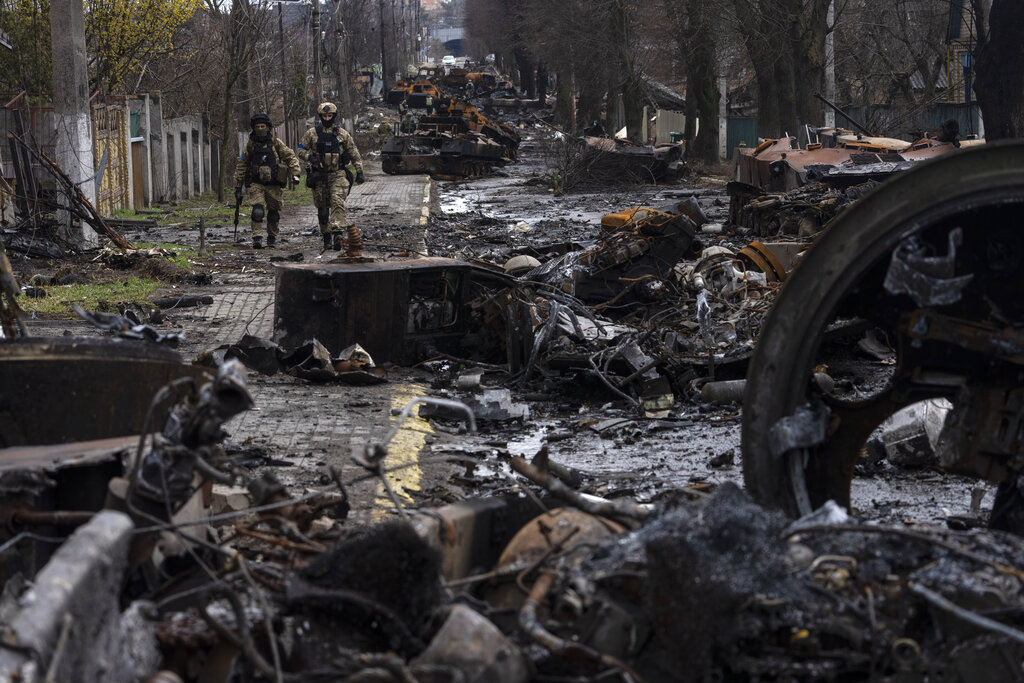A year ago, the West determined that Russian equipment and military operational potential for waging war was significantly greater than what has materialized over the past six months, according to senior PISM analyst Anna Maria Dyner,
Interviewed by Polish Press Agency (PAP), Dyner evaluates that the Russian leadership did not plan a long campaign and put its faith in a speedy operation. This must have been based on faulty intelligence, which led to a false assumption about the war.
Once the quick victory failed to materialize, it became apparent that the army was not prepared for a long drawn-out conflict. From that point, it was simply crisis management, said Dyner.
[pp id=46533]
The analyst admits that she was surprised by the scale of corruption revealed within the Russian Army. It had been assumed that it had been cleaned up and that recruits were being professionally trained and managed. The last six months have revealed that the army is poorly equipped and that many supplies have gone missing.
Dyner believes that the training of the recruits is not fit for the modern battlefield. There is insufficient preparation for different units to work in concert and a lack of training on handling equipment. The gap in potential between elite units and regular forces is glaring.
She cites the example of the attempt to build a bridgehead in Hostomel where elite paratrooper units were exposed because of a lack of adequate support from regular forces. Too often, special forces were used as regular infantry, she adds.
[pp id=46283]
The PISM analyst also points to the longstanding failure of the Russian Army to build a reliable corp of middle-ranking officers. This is why Russia has lost so many senior officers who were forced to step in to lead soldiers into battle.
Dyner said she also finds the intelligence failures astonishing, arguing that the information that served as the basis behind the decision to invade was largely false. This information may have been falsified for political ends and led to decision-makers having an inaccurate impression of how Russian forces would be received in Ukraine.
Russia is of course doubling down on its narrative and stubbornly refusing to admit any mistakes or defeats. The official line is that everything is going according to plan. In reality, Russian forces have been adjusting to the facts on the ground by limiting its front lines and extending the use of artillery.
The Polish analyst is convinced the war will last a long time.
She feels Russia may be seriously affected by sanctions, specifically its capacity for producing advanced weaponry, but she also warns against writing off the Russians.
She notes that Russia has not mobilized fully because it is not officially at war. Should it engage in a conflict with NATO, its preparation and actions could look very different. She argues that this is why NATO must continue to strengthen and arm its eastern flank in order to build a firewall that Russia cannot breach.






